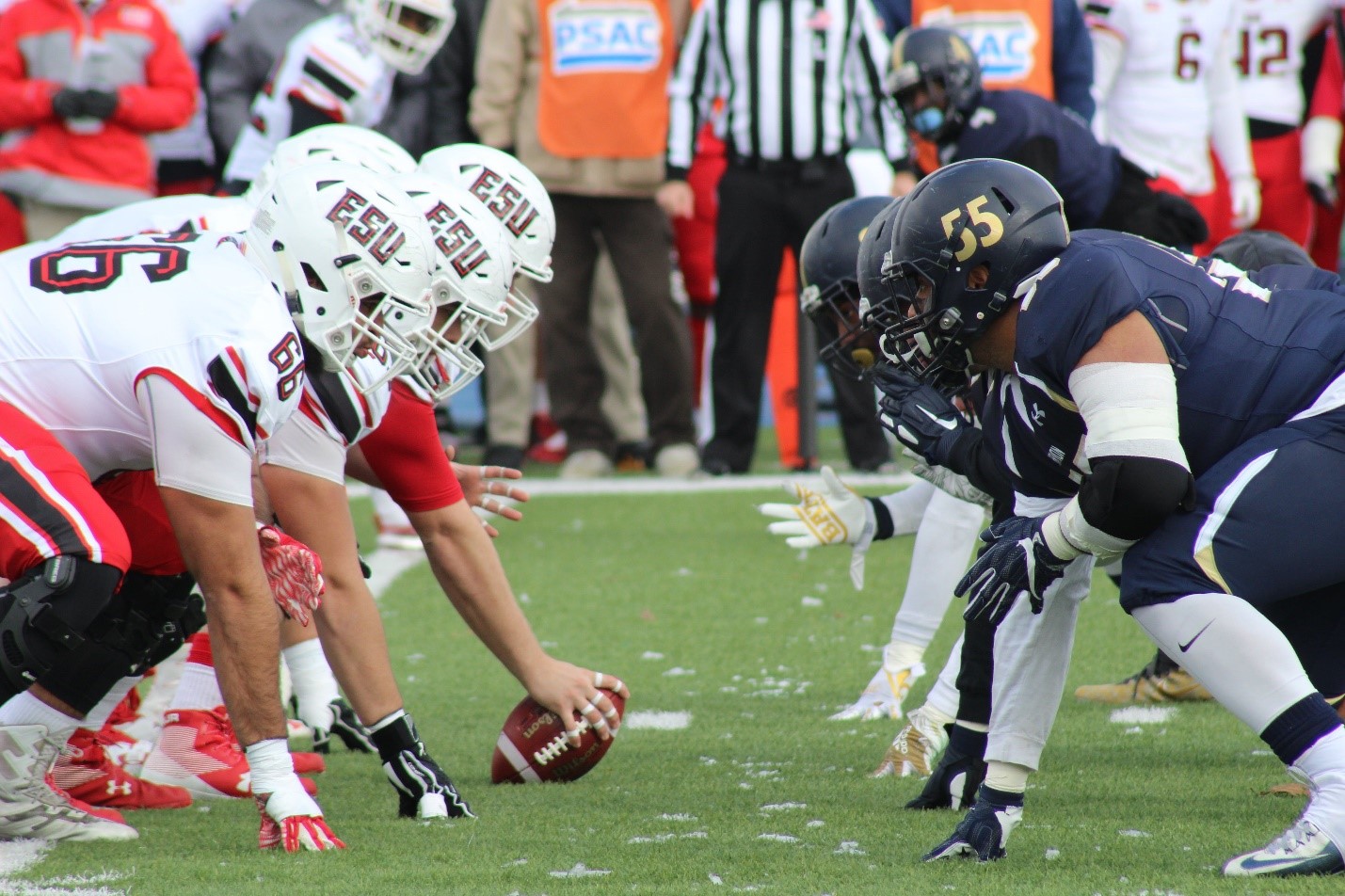
College sports are lots of fun to watch and are a source of serious income for colleges and administrators. For some fans, the fun of college sporting events lies in the amateurism, which heightens excitement. For others, it is the prospect of watching budding talent develop to the point where athletes become professionals in their respective fields. Whatever the case, college sports are a source of serious revenue, raising issues such as a debate on whether college athletes should be paid like other professional ones. This article looks deeper into the debate, considering the pros and cons of paying college athletes.
Up to this point, there is no structure in place for the remuneration of students taking part in college sporting activities. The rule against paying college students was put in place by the National Collegiate Athletic Association, which has overseen college sporting activities for over a century. One of the goals of the association was to preserve the spirit of amateurism in college sporting events.
To preserve this spirit, the prospect of compensating students for participating in athletic events was banned. The assumption was that fans wouldn’t be so fascinated with watching college sports if the teams were constituted by professional athletes. The body also assumed that if college athletes were awarded scholarships as compensation, they could remain active as members of the college community.
To make things more effective, the NCAA prohibited college athletes from getting compensated for the use of their name, image, or likeness. They are not allowed to perform product endorsements or selling of autographs. The rules have since been relaxed a bit to allow college athletes to enter into image deals. Although they still don’t get paid for their work, they can make money from product endorsements. The money can fund different things, including paying for custom research paper writing services.

While college students are now able to profit from image and product endorsement deals, they still aren’t allowed to receive salaries from their respective institutions. Several arguments have been made as to why college students shouldn’t get remuneration for their athletic pursuits. One is that despite not getting monetary compensation, college students still benefit from the enjoyment of playing their chosen sport. They also benefit in terms of elite coaching that will help them develop their skills and mindsets. Being in college sports also helps one develop teamwork, leadership, and character.
Some people have also argued that paying college athletes would distract from the main purpose of colleges, which is to provide education. Their focus would instead be on the work they have to do to get paid. Furthermore, it has been argued that college athletes already get rewarded in terms of scholarships, which is a form of compensation. The assumption is that adding monetary compensation to the scholarship benefits would push fewer wealthy schools out of the competition for top talent.
Why Should College Athletes Be Paid?

There are numerous arguments as to why college athletes shouldn’t be paid. However, there are some compelling reasons why it makes sense to offer at least some remuneration to college students for the work they put in. College athletics indeed require considerable effort and time, and can sometimes resemble working a full-time job. For college athletes, there is the additional pressure of juggling sporting engagements with academic obligations. There are also media responsibilities and time taken while travelling for events. Here are some reasons why it makes sense to pay college students:
Remunerating college athletes makes sense because the students work in risky environments, with some suffering horrific injuries that can put a stop to their careers. There have been instances of students getting paralyzed from the injuries they get in football fields. Professionals who suffer such injuries have already accumulated millions that can allow them to live well in retirement.
Unpaid college athletes face a different scenario as their talent is paused or terminated without benefiting in monetary terms. Since student-athletes are already putting their bodies at risk as they play the game they love, it only makes sense that they get some form of monetary reward.
College sporting activities are popular and generate over a billion dollars annually. Sponsorship deals and broadcast rights generate huge sums that mostly go to the colleges and sports administrators. It seems rather unfair that the athletes who make the financial gains possible do not benefit from the funds. Even more money is made for universities through ticket sales and promotion of school brands.
For students to do well in college sports, they need to invest in their nutrition, health, training, and gear. According to evidence, student-athletes spend an average of 35 hours each week in athletic engagements, leaving no time for income-generating tasks like working part-time. By participating in sports, the students are forgoing a chance to make money through employment. Given the time and dedication invested, it is only fair that college students receive some form of monetary compensation.
One of the reasons why college student-athletes should be paid is that the money gives them some degree of financial independence. From the funds, they learn how to budget, invest, and plan their monetary futures. If the athletes make it to professional levels, the skills they gain will help them manage their money at a greater scale.
Intercollege sports have for years been a part of what makes college life interesting. In the process, college athletics generates millions in deals and ticket sales, raising the question of whether students need to be paid. Arguments against paying college students for their work are mostly based on the need to preserve the amateurism that makes college sporting events attractive. However, we must consider that these students invest much of their time, effort and time into sports, risking their well-being and academics. It may be time to rethink the structure of college athletics and structure compensation packages befitting the roles played by these athletes.